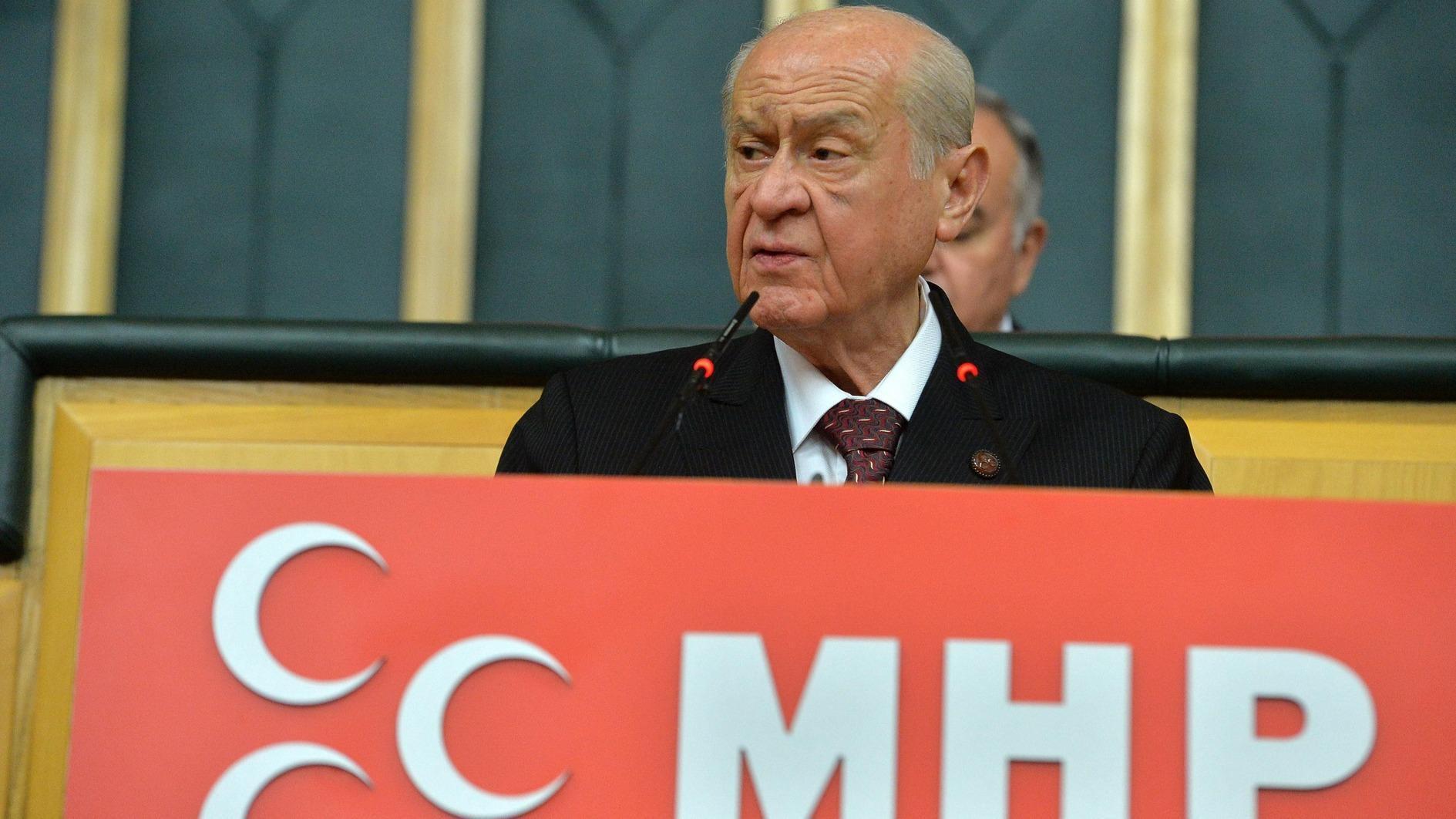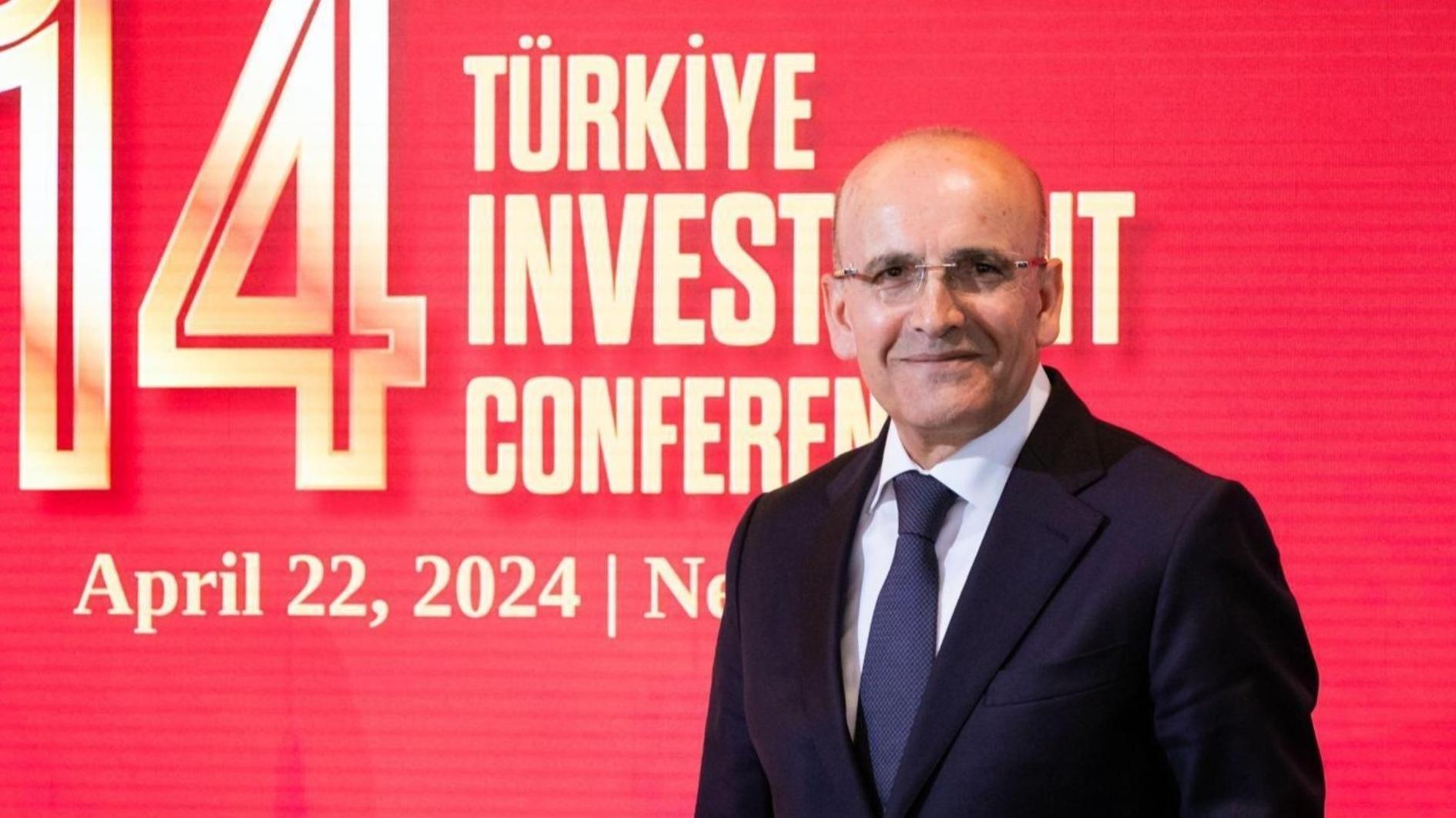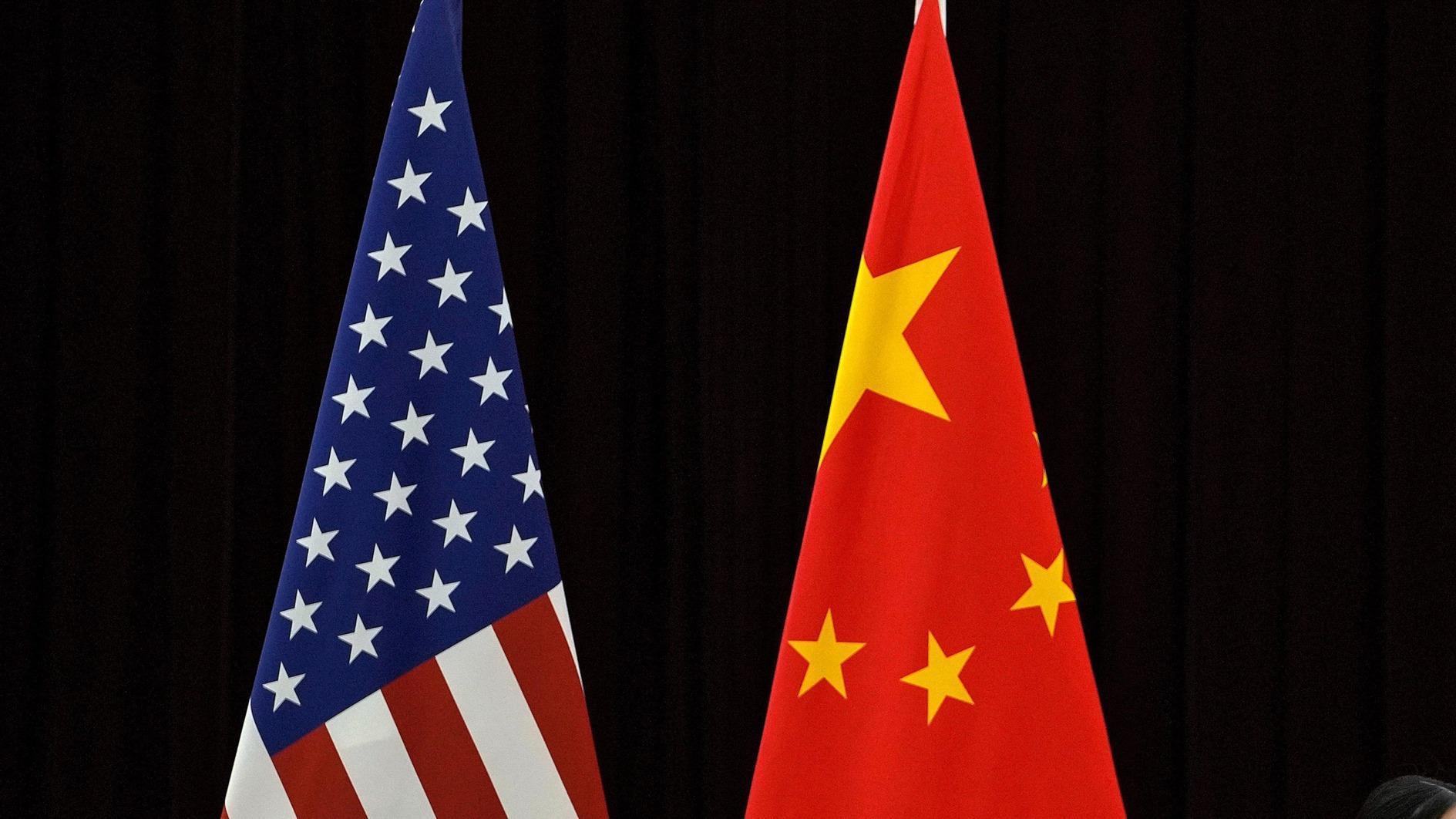Time to re-dynamize Turkey-EU talks
Do you remember when Turkey last opened a negotiation chapter? It was June 2010. In the last two years negotiations were almost frozen with more than a dozen chapters being blocked by the European Union, France and Greek Cyprus due to Ankara’s non-implementation of the Ankara Protocol.
A fair analysis of this period tells us that both Turkey and the EU are responsible for this suspension, but it’s time to concentrate on the future rather than on the past and examine ways we can boost accession talks.
On Oct. 3, 2005, when the negotiations were launched everyone was pretty sure that this process would be a very difficult and lengthy one, given the fact that the Cyprus problem still stood as the major hurdle. However, additional problems have been added to Cyprus in due course, especially with the election of Nicholas Sarkozy as the French President.
Today Sarkozy left the Elysée Palace to make room for his successor François Hollande, who seems to have lightened the mood between Ankara and Paris. Though one should always be cautious in not raising expectations, there are signals that the new leadership could remove its unilateral blockage on five chapters.
Ankara believes this alone will be very important for accelerating the accession talks, but not enough. With Sarkozy’s au revoir German Chancellor Angela Merkel will no longer be able to hide behind her closest ally in the continent.
In this sense, one can argue that her coalition partner Foreign Minister Guido Westerwelle’s words in Istanbul could be categorized perfectly as messages delivered directly to Merkel:
“EU-Turkey relations and accession negotiations must be re-dynamized,” he said at a speech he gave at Sabancı University May 15. “For too long we have not opened a single chapter. For too long we have moved around in circles,” he added.
The first step in giving momentum to Turkey-EU ties will be witnessed during Enlargement Commissioner of the EU, Stefan Füle’s, visit to Ankara May 17. Eight articles of the Positive Agenda will be launched during the talks, which will give parties an opportunity to inject momentum. Due to the fact that no concrete step is expected from Paris until its mid-June parliamentary elections and that Greek Cyprus will resume term presidency on July 1, expectations to open negotiation chapters have already been postponed to early 2013 during the Irish presidency. The expectation is that with the completion of technical works on several chapters, the early months of the Irish presidency could see the opening of multiple chapters.
But it takes two to tango. It’s of great significance that the government also re-opens the forgotten EU chapter in its to-do list. In addition, particular attention will continue to be on the new constitution as it will constitute Turkey’s greatest achievement in its journey to join the EU. All four political parties, particularly the ruling party, should endorse the charter-making process in a flexible manner and push the limits for forming a compromised blueprint.











